
The planet has crossed its initial climate tipping point, with scientists warning that global warming is now causing widespread diebacks of warm-water coral reefs.
A landmark report, published on Monday, reveals that escalating temperatures are pushing several of Earth’s vital systems perilously close to thresholds where their decline accelerates, leading to increasingly irreversible global consequences.
The study, spearheaded by Professor Tim Lenton from the University of Exeter and involving over 160 scientists across 23 nations, specifically highlights that warm-water coral reefs – crucial for nearly a billion people and a quarter of all marine life – have already surpassed their thermal tipping point.
Researchers identified this critical threshold at 1.2C above pre-industrial levels; however, global temperatures have now reached 1.4C, indicating that the severe repercussions of this breach are already unfolding.
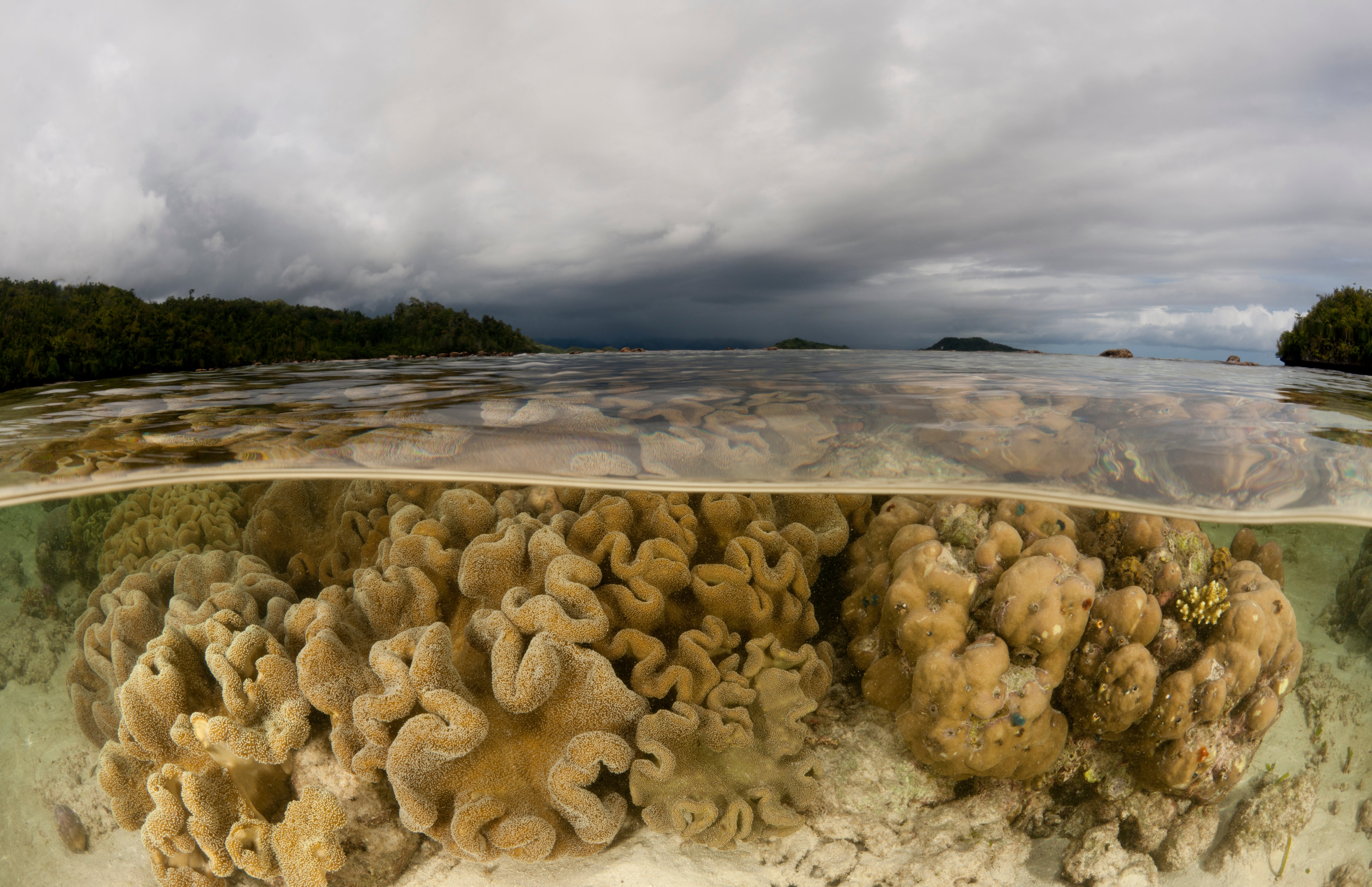
In the last two years, more than 80% of the world’s reefs have been affected by the worst bleaching event on record, with corals losing their colours and turning white because of stress largely caused by high ocean temperatures.
This means that unless the planet cools, these marine ecosystems will be lost across the world, the scientists warned, before adding that small refuges may survive and must be protected.
The world is also rapidly approaching further catastrophic tipping points for ice melt, Amazon rainforest dieback and vital ocean currents as it nears the key milestone of 1.5C warming above pre-industrial levels.
However, the scientists also said momentum is building in the progress towards “positive tipping points” as countries invest and roll out green technologies that help reduce planet-heating emissions in the atmosphere, such as renewable energy and electric vehicles.
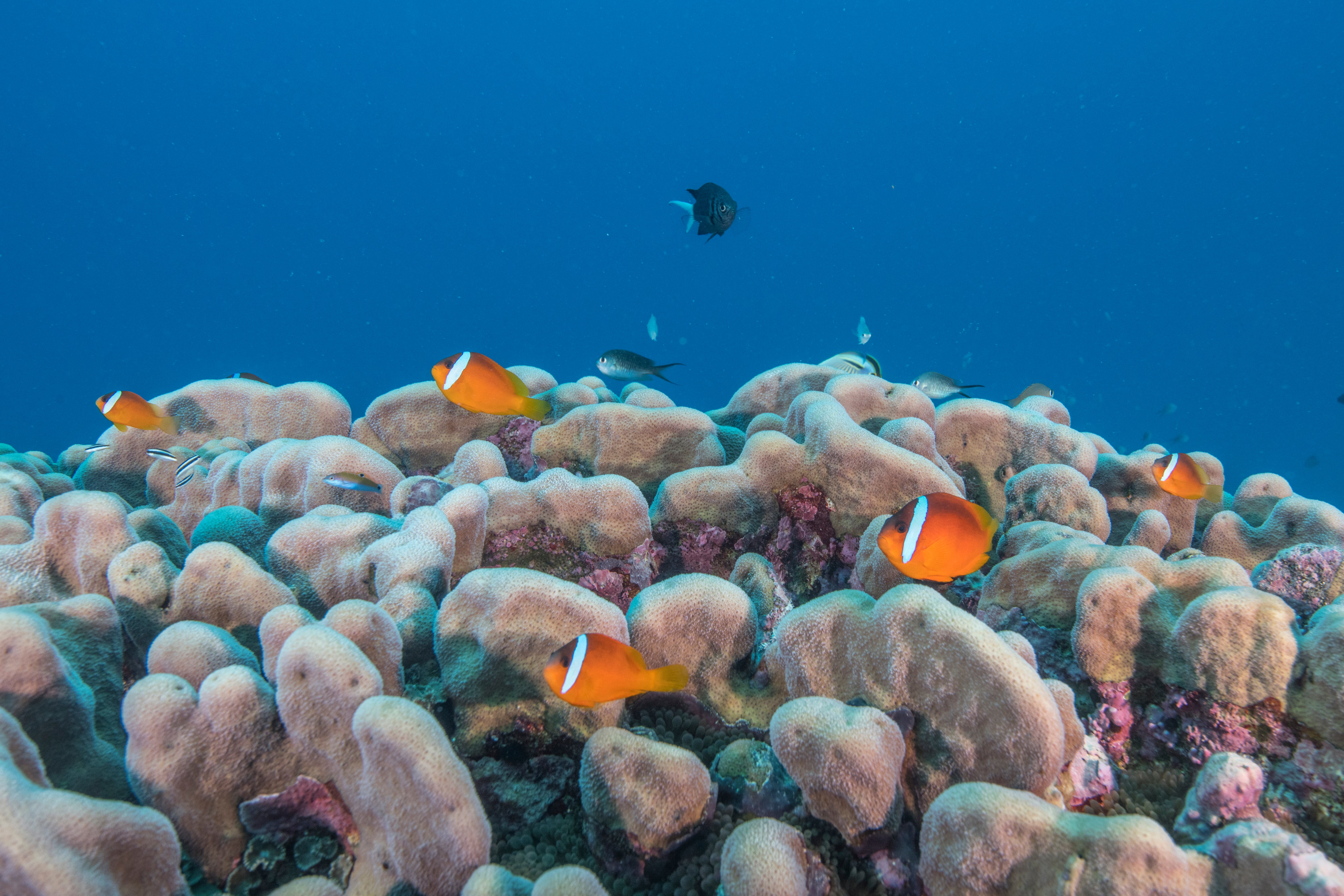
They say action to trigger this shift is now the only credible route to a safe, just and sustainable future, arguing that countries must minimise temperature increases to avoid further catastrophe.
Last year, global temperatures hit an average of 1.5C – with the long-term trends putting warming at 1.4C – making it almost inevitable that the world will surpass the key threshold this decade.
With every degree of warming, the planet gets closer to tipping points that will accelerate the melting of ice sheets in regions like Greenland and West Antarctica to the point of their collapse, causing multi-metre sea level rise, the report said.
The scientists also found that the Amazon rainforest could now be at risk of passing its tipping point before the world hits 2C warming after facing two years of intense drought, driven by the warming El Nino weather phenomenon, climate change and deforestation.
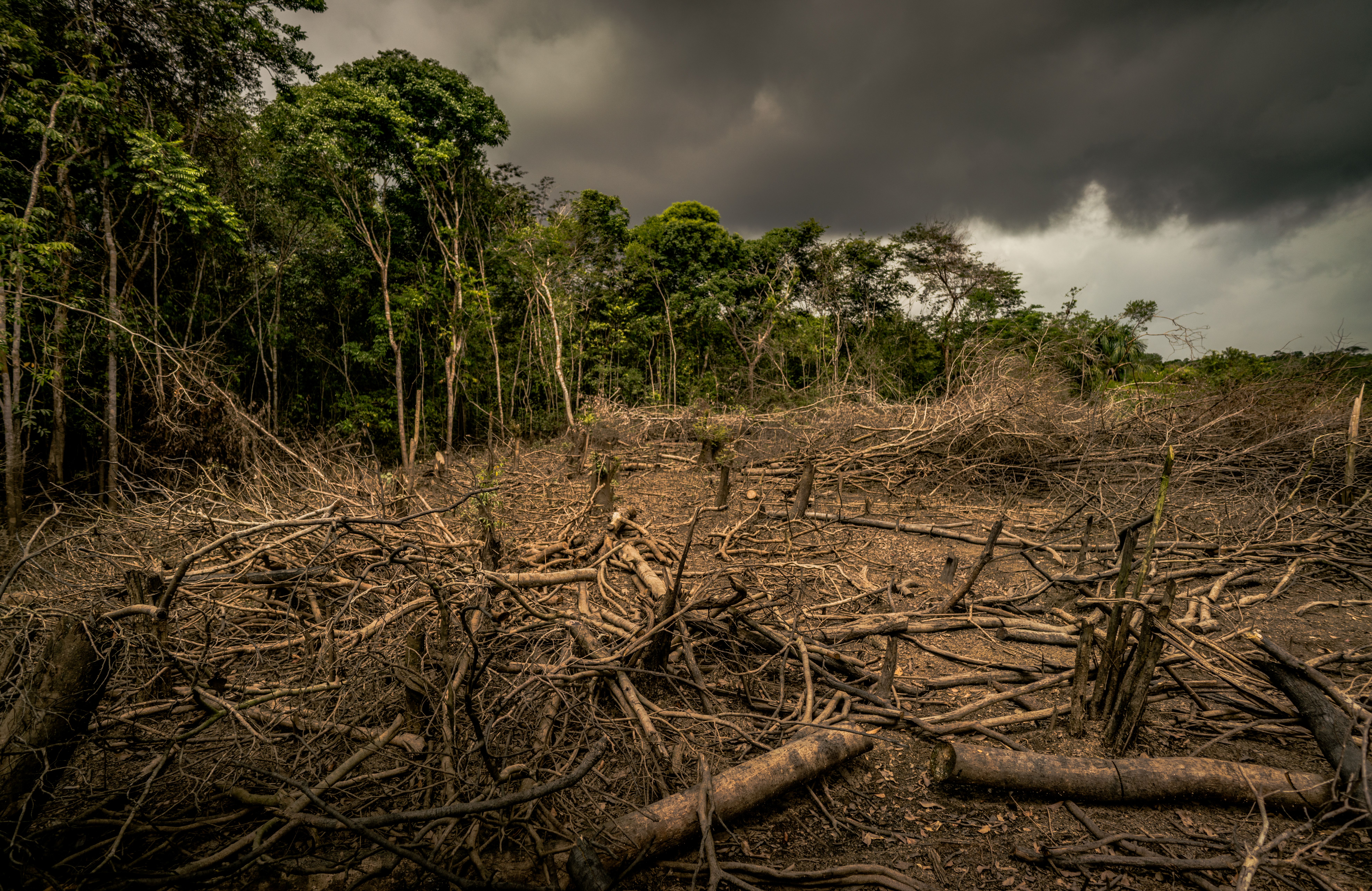
And recent modelling suggests the Atlantic Meridional Overturning Circulation (AMOC) – a system of ocean currents that transports heat from the tropics to the North Atlantic – faces collapse sooner than experts previously thought, and potentially this century, with the report warning that it could also reach its tipping point before 2C.
The AMOC’s collapse would plunge north-western Europe into a “little ice age,” the scientists said.
They described how winter sea ice would cover the North Sea, temperatures could dip to as low as minus 30C in Edinburgh and London would experience three frozen months a year, contrasting with extreme heatwaves in summer.
Breaching these tipping points will have a catastrophic impact on billions of people across the world who rely on their ecosystems for food and livelihoods, cause extreme damage to biodiversity, decrease agricultural yields in much of the world and lead to incalculable costs to local and national economies.
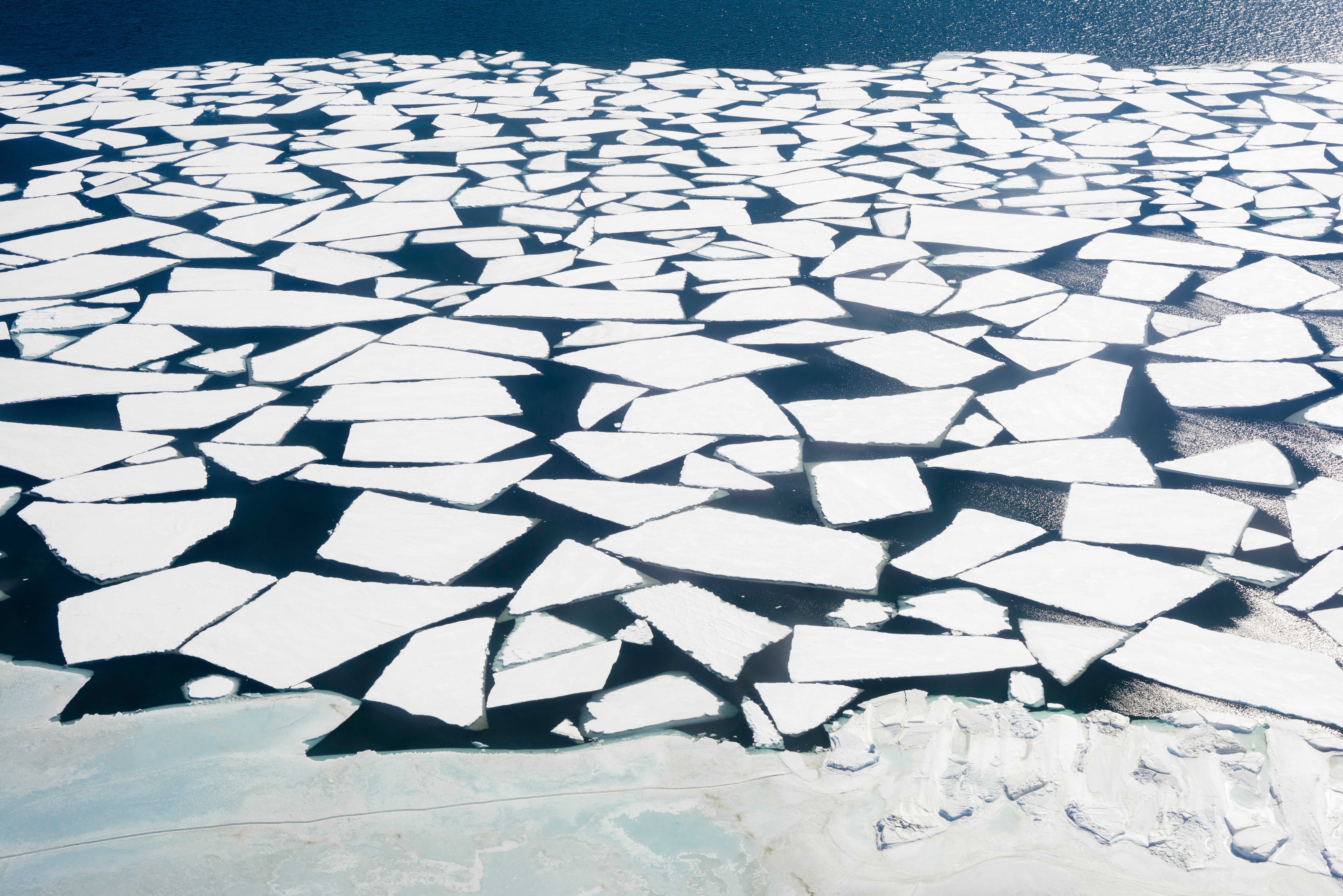
To prevent this, countries must limit the extent to which warming overshoots 1.5C in the next few years, the report said, adding that every degree and year spent above this threshold matters.
Prof Lenton, from the Global Systems Institute at the University of Exeter, said: “In the two years since the first Global Tipping Points Report, there has been a radical global acceleration in some areas, including the uptake of solar power and electric vehicles.
“But we need to do more – and move faster – to seize positive tipping point opportunities.
“By doing so, we can drastically cut greenhouse gas emissions and tip the world away from catastrophic tipping points and towards a thriving, sustainable future.”
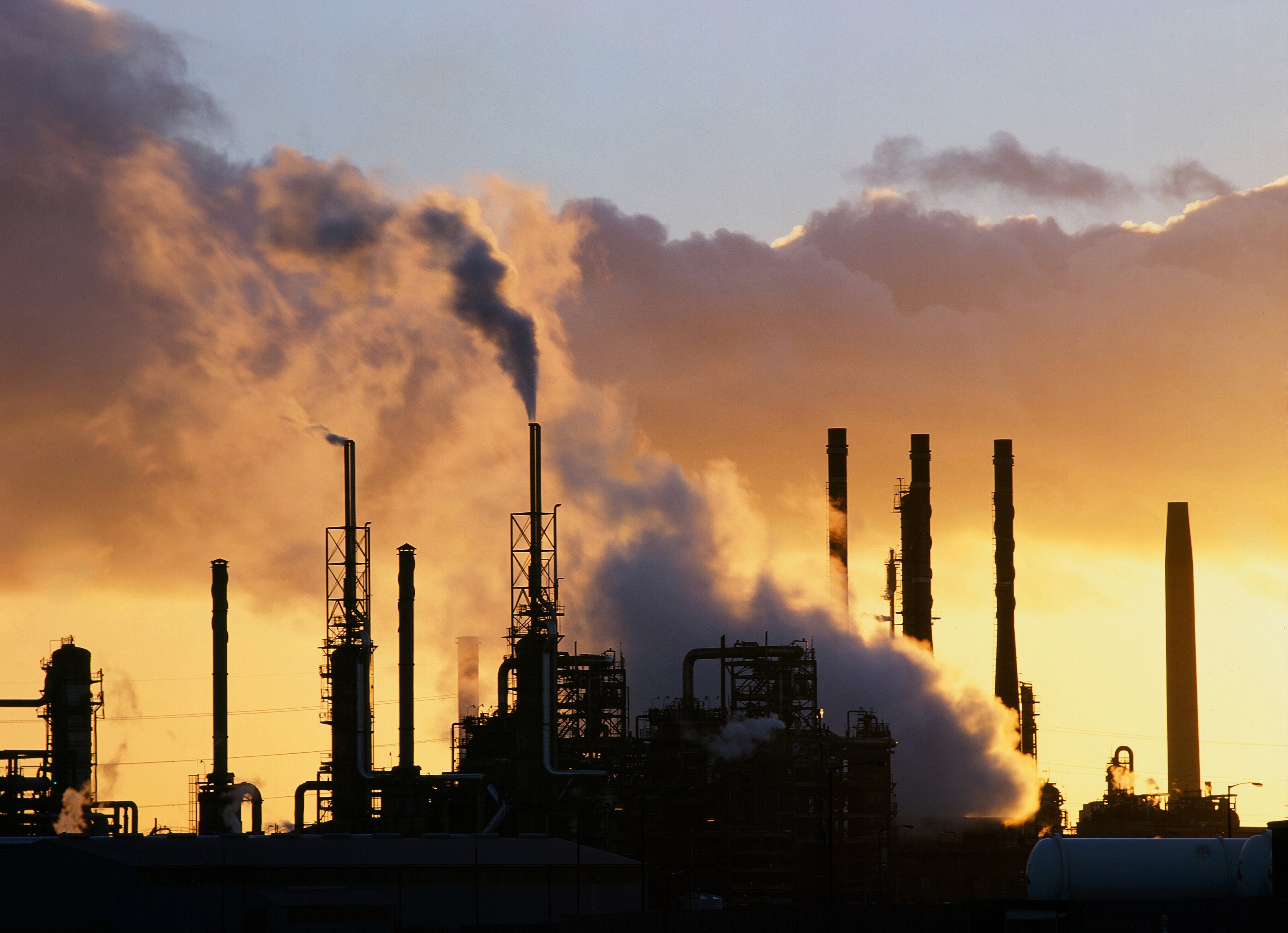
The report also warned that current policies and decision-making processes do not take tipping points into account and will not address the scale of the abrupt and irreversible impacts that come when they are breached.
Beyond action to cut emissions and remove carbon from the atmosphere, the experts said that the impacts caused by tipping processes must also be considered in risk assessments, adaptation policies, loss and damage mechanisms and human rights litigation.
Dr Manjana Milkoreit, from the University of Oslo, said: “Tipping points present distinct governance challenges compared to other aspects of climate change or environmental decline, requiring both governance innovations and reforms of existing institutions.”
The report comes as ministers meet on Monday in Brazil for discussions before the UN climate conference, Cop30, which is being held in the Amazonian city of Belem next month.
Dr Mike Barrett, chief scientific adviser at WWF-UK and co-author of the report, said: “As we head into the Cop30 climate negotiations it’s vital that all parties grasp the gravity of the situation and the extent of what we all stand to lose if the climate and nature crises are not addressed.
“The solutions are within our reach. Countries must show the political bravery and leadership to work together and achieve them.”
Republicans try to weaken 50-year-old law credited with saving rare whales
Woman becomes longest survivor of heart and lung transplant
Rapeseed discovery ‘could help solve global protein demand’
This high fat diet may be key to keeping brain young, scientists say







